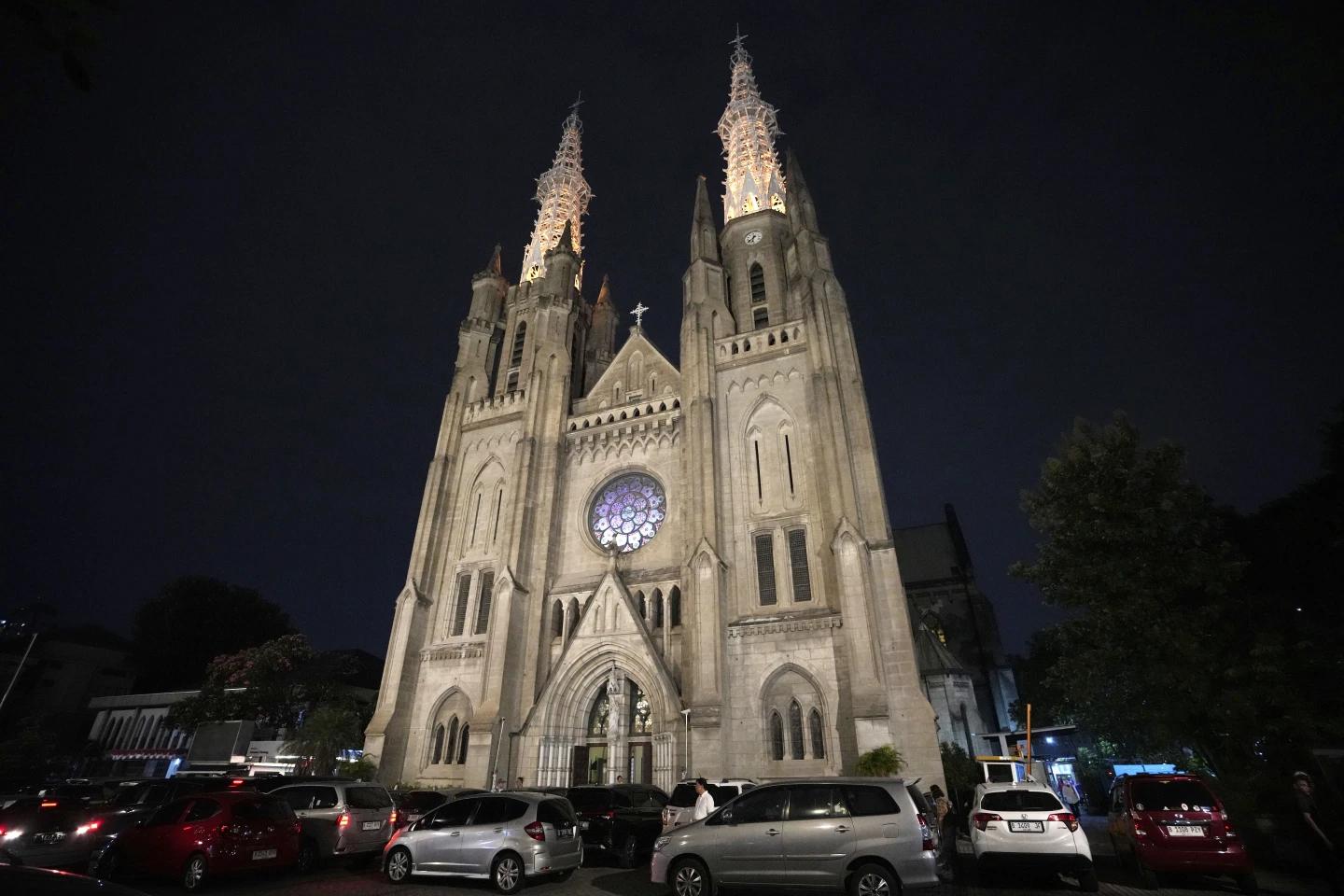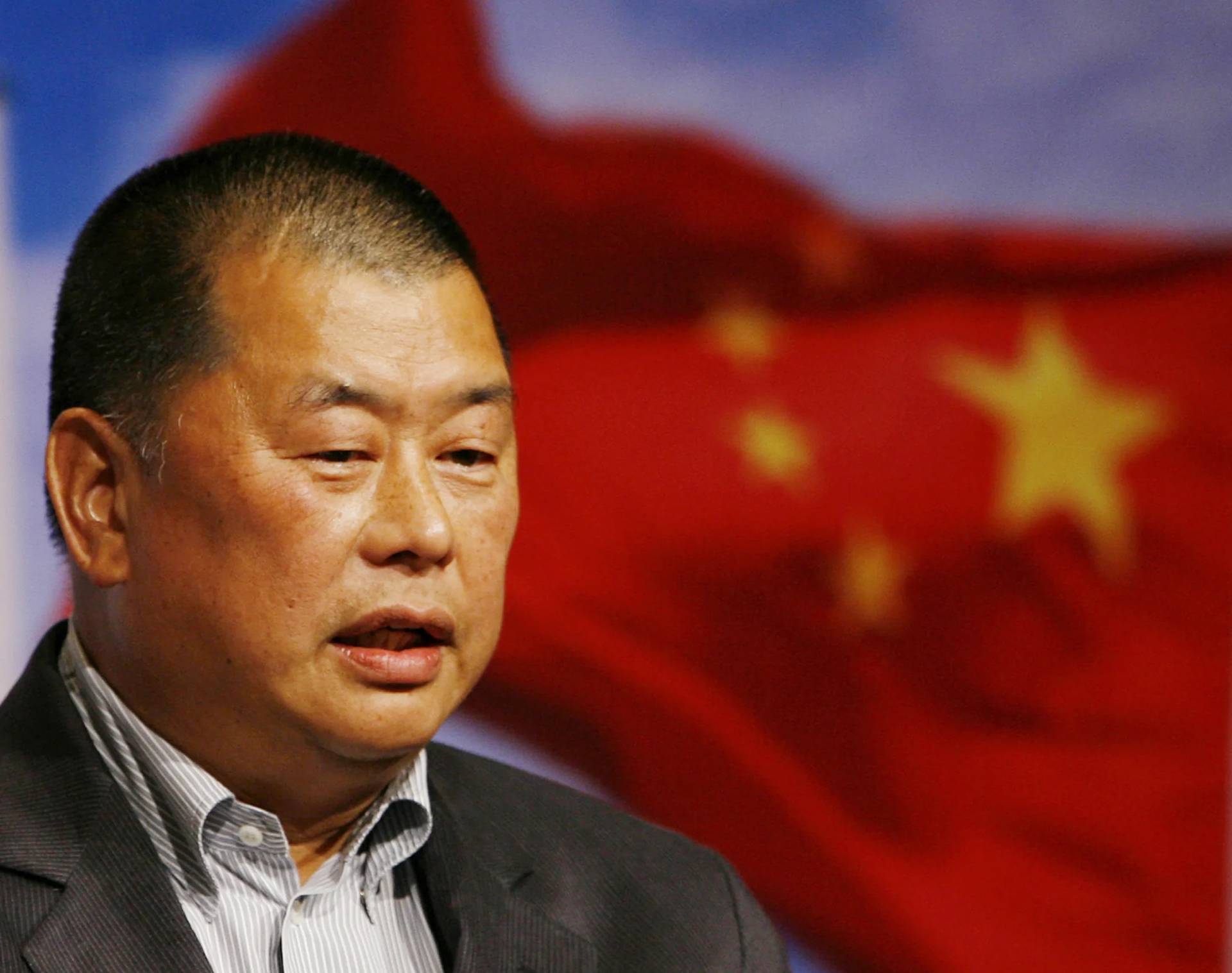MUMBAI, India – As Pope Francis begins his 11-day tour of Asia and the Pacific region, Ignatius Cardinal Suharyo Hardjoatmodjo of Jakarta says Indonesians have “eagerly” prepared for his arrival.
Francis arrived in Indonesia on Tuesday, and is scheduled to rest from his grueling flight to the country, the first stop of his four-nation tour.
Suharyo said the pontiff’s visit is important for Christians in a country which is over 87 percent Muslim, with a Catholic population of only 10 percent.
“For Catholics, the pope’s visit means affirmation that the Catholic Church in Indonesia is a living, involved Church in the world, in line with the teachings of the Council and the recommendations of the Church Leadership,” the cardinal said in a message sent to Crux.
Francis is the third pope to visit Indonesia: Pope Paul VI went in 1970, and Pope John Paul II visited in 1989.
The cardinal said it is not only Catholics who are looking forward to seeing another Roman pontiff.
“There are some acquaintances from the Protestant Church who want to attend the Mass celebration that will take place at the National Stadium in Jakarta. The Grand Imam of the National Mosque will also host the Pope’s visit to the Mosque by inviting religious communities present in Indonesia,” Suharyo.
He also spoke about the theme of Francis’s visit – “Faith – Fraternity – Compassion.”
“The dynamics of the life of the Catholic Church in Indonesia can be formulated in these three words. The Vatican team agreed with the theme we offered. This means that the pope will affirm the dynamics of the Catholic Church in Indonesia,” the Indonesian cardinal said.
“This theme is conceptually easy to understand by other religious communities also in this sense: Fraternity is not exclusive to Catholics only but concerns all citizens of Indonesia. Likewise, compassion is not only directed to Catholics but also to anyone in need. We hope that this dynamic also applies to Indonesia,” he added.
Living in harmonious relations among religious communities is the ideal of the Indonesian nation. This was symbolically expressed by the first President of Indonesia, by building the Istiqlal State Mosque adjacent to the Cathedral in Jakarta. This symbolism is enhanced by a friendship tunnel that connects the Istiqlal Mosque with the Cathedral.
Suharyo noted Indonesia is a very large country – with over 280 million people living on over 6,000 islands – and the situation is often different from one place to another.
“However, in general, we experience good relations among religious communities. The government continues to encourage the growth of religious moderation. Violence on the grounds of religion has greatly decreased. Compared to the size and complexity of Indonesia’s society, cases can be said to be reasonable,” he said.
The cardinal said Christians “live naturally, as citizens, citizens of society.”
“We are free to worship, not a few Catholics are involved in the government, occupying an important position in the administration of the state. Together with other faith communities, they feel the same responsibility in advancing the country through education, health services, and other initiatives to achieve the ideals of independence,” Suharyo said.
He added the government of Indonesia – in this case the Ministry of Religious Affairs – has been trying its best to promote what the cardinal called “religious moderation.”
Indonesia has suffered from some attacks committed by Islamist groups, but the vast majority of people in the country follow a more moderate form of the Muslim religion.
“Although the ideal is not yet reached, according to my observation in general the interfaith relation is good,” the cardinal said.
He said the nation faces many challenges facing every country in the developed and developing world.
“In Indonesia, there are many places of worship, and worship is also lively, but why is there so much corruption, human trafficking, suicide, and similar symptoms? One of the answers is that faith has not yet resulted in the transformation of life,” he said.
“The challenges faced by the Church are also the challenges faced by humanity: In terms of consumerism, post-truth, globalization that marginalizes not the globalization of solidarity, international conflicts, and various other realities,” the cardinal added.
Suharyo said seminars were held to study the pope’s ideas in anticipation of his arrival.
“The writing in the national general daily is also quite busy. I myself often say: The presence of Pope Francis in Indonesia is indeed important, but no less important is studying his teachings, deepening them and implementing them,” he said.
“Apart from his teachings, it is also very necessary to underline the dynamics that are visible in Pope Francis’s personal life: Authentic experiences of faith that result in personal transformation and lead to transformation of institutions – in this case the Catholic Church,” the cardinal said.
After his visit to Indonesia, Pope Francis ill go to Papua New Guinea, East Timor, and Singapore.














